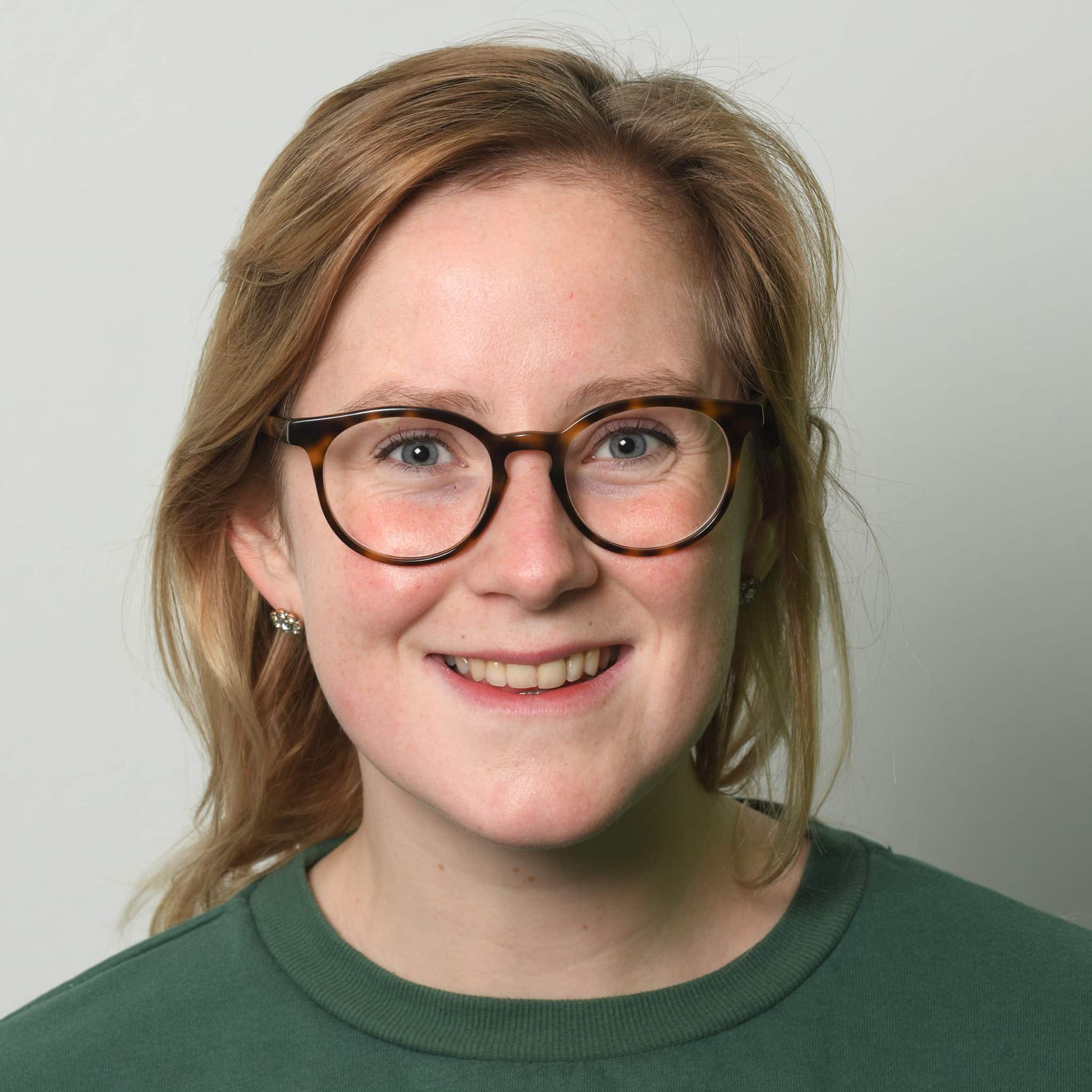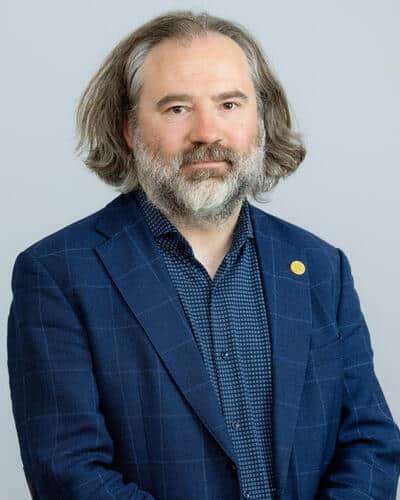Monica Beeder
PhD Candidate, CMI/NHHMonica Beeder is a development economist researching modern-day conflict and studying cocaine production and violence in Colombia.
Read more

A joint initiative between the University of Bergen
and CMI – Chr. Michelsen Institute
In just five years, drug cartels have turned Ecuador from one of the safest countries in Latin America to one of the deadliest. How could this happen?
The world’s cocaine production has doubled over the last decade. This has created new international smuggle routes with Ecuador as a mayor transit point. Large amounts of cocaine are smuggled into the country from Colombia and Peru, and then onwards to Europe and the US. Huge potential revenues combined with a weak state has set the stage for drug cartels to gain power across the country.
The last few years, rivalry between cartels has intensified. In 2022, murders in Ecuador increased by 85% and violence linked to drug cartels is putting national institutions to the test. In 2023, one of the presidential candidates was killed after he threatened to take down drug gangs. This week, prison guards were murdered and a TV studio stormed by gangsters.
Ecuador’s President Noboa has declared a national state of emergency.
How did Ecuador go from being one of the safest to one of the deadliest countries in Latin America? How are the country’s institutions responding to the situation?
We have invited PhD candidates Monica Beeder (CMI/NHH) and José Zurita-Tapia (UiB) to explain how Ecuador got thrown into a spiraling drug war. The conversation is led by Professor Leiv Marsteintredet, head of Department of Comparative Politics, UiB.
Facebook eventMonica Beeder is a development economist researching modern-day conflict and studying cocaine production and violence in Colombia.
Read moreJosé Zurita-Tapia researches pre-electoral coalitions in Latin America. Among his research interests are political parties, executive studies and executive-legislative relations.
Read moreLeiv Marsteintredet researches political institutions, human rights, democracy and political crises in Latin America.
Read more
Monica Beeder is a development economist researching modern-day conflict and studying cocaine production and violence in Colombia.
She is a Ph.D. Research Scholar at the Department of Economics at the Norwegian School of Economics and affiliated with FAIR, Chr. Michelsen Institute and Development Learning Lab.

José Zurita-Tapia researches pre-electoral coalitions in Latin America. Among his research interests are political parties, executive studies and executive-legislative relations.
He holds a BA in International Relations from USFQ, Ecuador and a MA in Comparative Politics from FLACSO, Ecuador. He is a PhD Candidate at the Department of Comparative Politics at UiB working on an Open Project Position.

Leiv Marsteintredet researches political institutions, human rights, democracy and political crises in Latin America.
He is head of Department of Comparative Politics at UiB.